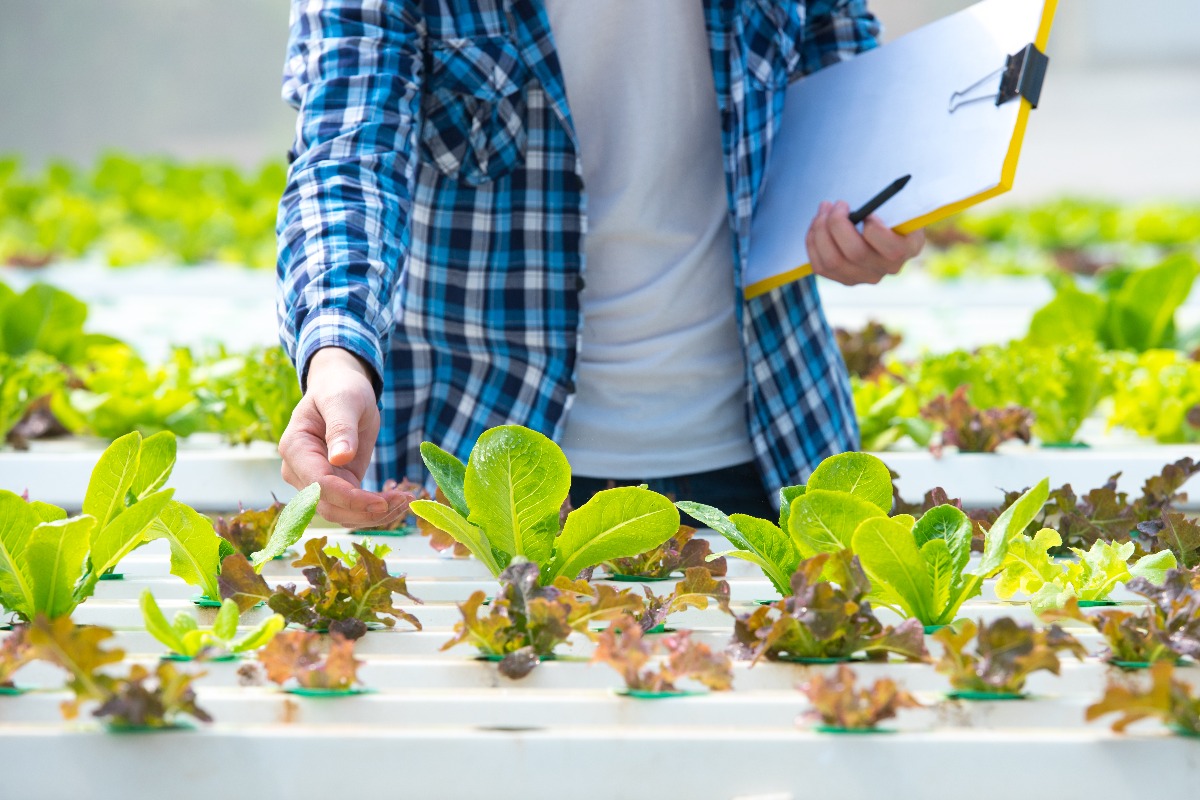Our backyards are a great venue for almost any recreational activity. It’s a versatile space that we can use for almost any family function. We can customize it however we like, depending on our preferences.
With all the uses that a backyard brings, it is no wonder how homeowners take the time to dress them up. Some have their backyards paved, while others opt to build recreational structures such as pools and patios. But one common way for homeowners to beautify their backyards is by using the plot of land to plant flowers and other types of vegetation.
This is better known as home gardening. And while many participate in this flowering hobby, does it mean you should too?
What Constitutes a Garden?
There are plenty of ways to define what a garden is. No matter how you want to define it, the term garden is colloquially used to describe an area where people plant and take care of flowers and other plants. Gardening initially started as a way for people to plant for consumption but was later adapted for aesthetic purposes around the 16th century.
In the modern world, it’s a billion-dollar industry, with gardeners reportedly spending around $47.8 billion on gardening expenses in 2018. This is just for US gardeners alone.
With that, it is undeniable that people can become heavily invested in this hobby. The question is, why?
Do Home Gardens Have Any Use?
Gardening can be beneficial to those who practice it. And even though it can be clear that people create and maintain gardens for home aesthetics, home gardening can also go beyond the scope of house beautification.
Creating and maintaining gardens can be beneficial for our overall well-being. One study found that seniors who practice gardening were at a much lower risk of dementia than those who do not practice gardening.
It is also worth mentioning that gardening helps us be exposed to nature. And constant exposure to nature has been linked to multiple positive health outcomes such as lower blood pressure, reduced feelings of anxiety, reduced stress, and even reduced feelings of isolation.

Urban Gardens as a Food Source
Gardens can also bring a lot to the table—literally. With urban community gardens, people get to grow their food in a plot of land that benefits everyone in their community. Home and community gardens can be used to grow food which ultimately affects the diets of those who harvest from these gardens.
They supply healthy fruits and vegetables to the respective homeowners and communities and lessens the reliance on supermarket produce. This is a positive step toward saving money and keeping a healthy body.
Urban gardens can also be utilized as a source of food for the growing population. It also has been proven to aid in remedying a broken food supply chain caused by unprecedented crises such as the COVID-19 pandemic.
When urban gardening is done right on a major scale, it can be a good alternative food source for the local communities.
What Does It Take to Have a Home Garden?
Even though home gardening can be popular and extremely beneficial, it surely isn’t something that can be achieved overnight. Gardeners may face a few hurdles before reaping the fruits of their labor, and their gardens.
For one, you have to have a decent plot of land to start. This can be difficult for those who live in highly urbanized areas where plots of land can become scarce. Although hydroponics can be a good alternative, it can be difficult to maintain.
You also have to be prepared for insects and bugs to visit your houses and gardens from time to time. Disease-carrying mosquitoes can spawn in the watery areas around and behind your plants, putting you at risk of malaria and other diseases. But again, there are ways to manage and control mosquito infestations to help you with your gardening.
Ultimately, it takes time, effort, and even money to maintain a home garden. So, make sure you are prepared to commit if you want to start a garden.
The only for you to find out is to try it for yourself. With the benefits you can gain from gardening, it would be unwise not to try it out. If you are patient and committed to the craft, then you will surely reap the fruits of your labor.
